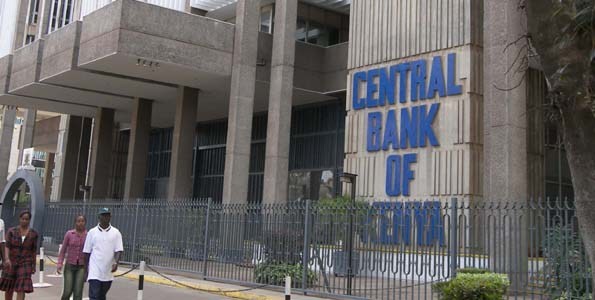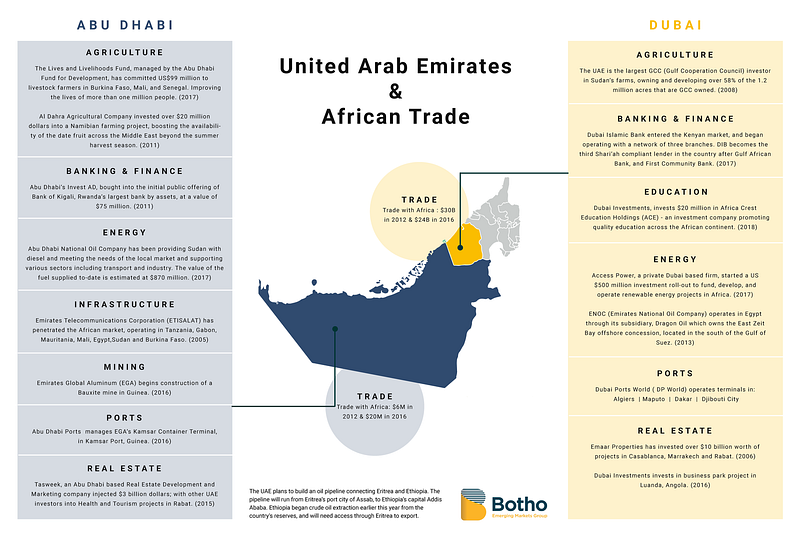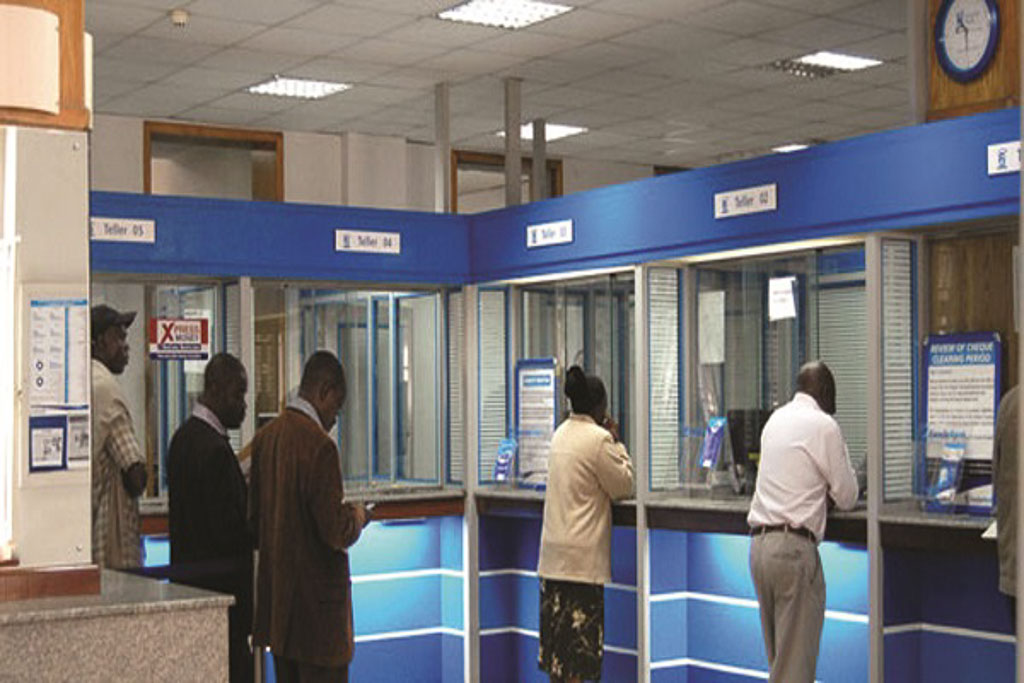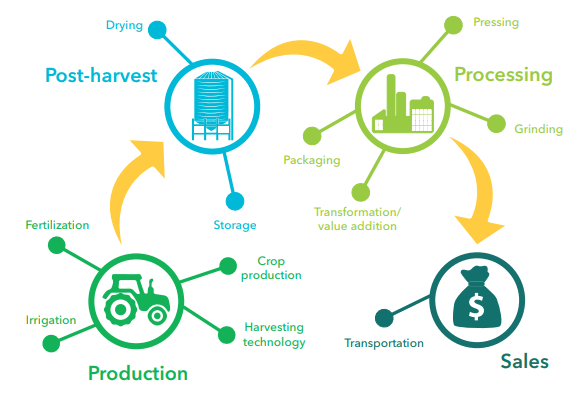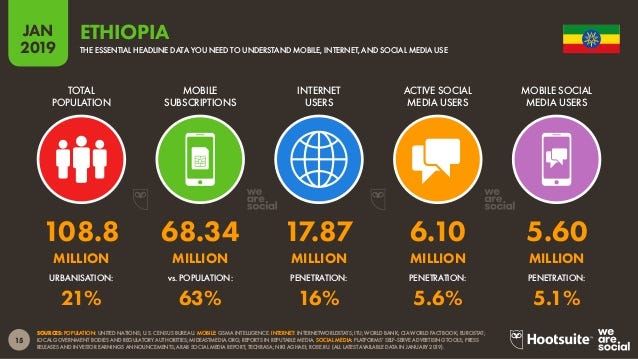Central Bank of Kenya Says Kenyans Abroad Must Bring Back Sh1,000 Notes
Kenya ’s Central Bank is issuing a serious last warning: no foreign bank will agree to take the old Kenyan Sh, 1000 notes. Hence, holders of such will have to bring them back to Kenya physically for conversion to the new currency.
”CBK Is Not Providing Any New Generation Bank Notes To Lenders Outside The Country”
The CBK boss said the regulator is also not providing any new generation bank notes to lenders outside the country to facilitate the conversion, arguing that this would defeat the goal of combating illicit money flows that have informed the move to demonetize the old Sh,1000 currency.
‘‘Anyone holding the old Sh1,000 bank notes outside the country will have to bring them back to exchange with the new currency before the October 1 deadline, Central Bank of Kenya,’’ (CBK) Governor Patrick Njoroge said.
CBK ruled out allowing any form of conversion of the old notes outside Kenya’s borders, indicating that the regulator had notified all foreign banks to stop recognizing the legacy currency.
“If you have the Kenyan currency and you happen to be outside the country, there is only one way to get value for it before October 1. You have to take a trip here and go through the procedures outlined in the gazette notice and subsequent releases,” said Dr Njoroge at a press briefing yesterday.
“You cannot convert it to any other currency out there, since this would defeat the process of demonetisation.”
Those coming into Kenya to convert their notes will follow the same procedures laid out for locals. Converting between Sh1 million and Sh5 million is happening at all commercial bank branches, where customers are expected to make declarations on the source of their cash.

Persons exchanging more than Sh5 million will need to get an endorsement from CBK, as will those exchanging more than Sh1 million but do not have bank accounts.
Dr. Njoroge added that the net has been cast wider to forestall efforts to clean dirty money in other jurisdictions that carry out significant financial transactions with Kenya.
Both the Bank of Uganda and the Bank of Tanzania Issued Notices Earlier This Month Freezing the Conversion of the old Kenyan Notes in Their Banks
Both banks have also advised their countries’ banks to subject all flows to higher due diligence processes.
The Kenyan shilling is commonly used to transact goods and services in neighboring countries, especially now that East African Community rules allow free movement of people and goods across regional borders.
Anyone holding the old Sh1,000 banknotes outside the country will have to bring them back to exchange with the new currency before the October 1 deadline.
The shillings find their way back home through the same trade routes, as well as official currency repatriation mechanisms between the central banks of the respective countries in the bloc.
The CBK has ruled out making an extension to the October 1 deadline for the demonetization process, saying that doing so would provide those looking to get rid of illicit funds a loophole to do so.
The new notes contain features that are identifiable by touch to accommodate the visually impaired, which cannot be put on a polymer note.
Taking into account the rough handling of Kenyan banknotes that produces rapid wear and tear, CBK applied varnish on the notes that will allow them three to five years of usage, 30 percent longer than the older notes they are replacing.
Polymer notes on average last two-and-a-half times longer than cotton paper, but are twice as expensive.
Charles Rapulu Udoh

Charles Rapulu Udoh is a Lagos-based Lawyer with special focus on Business Law, Intellectual Property Rights, Entertainment and Technology Law. He is also an award-winning writer. Working for notable organizations so far has exposed him to some of industry best practices in business, finance strategies, law, dispute resolution, and data analytics both in Nigeria and across the world.

